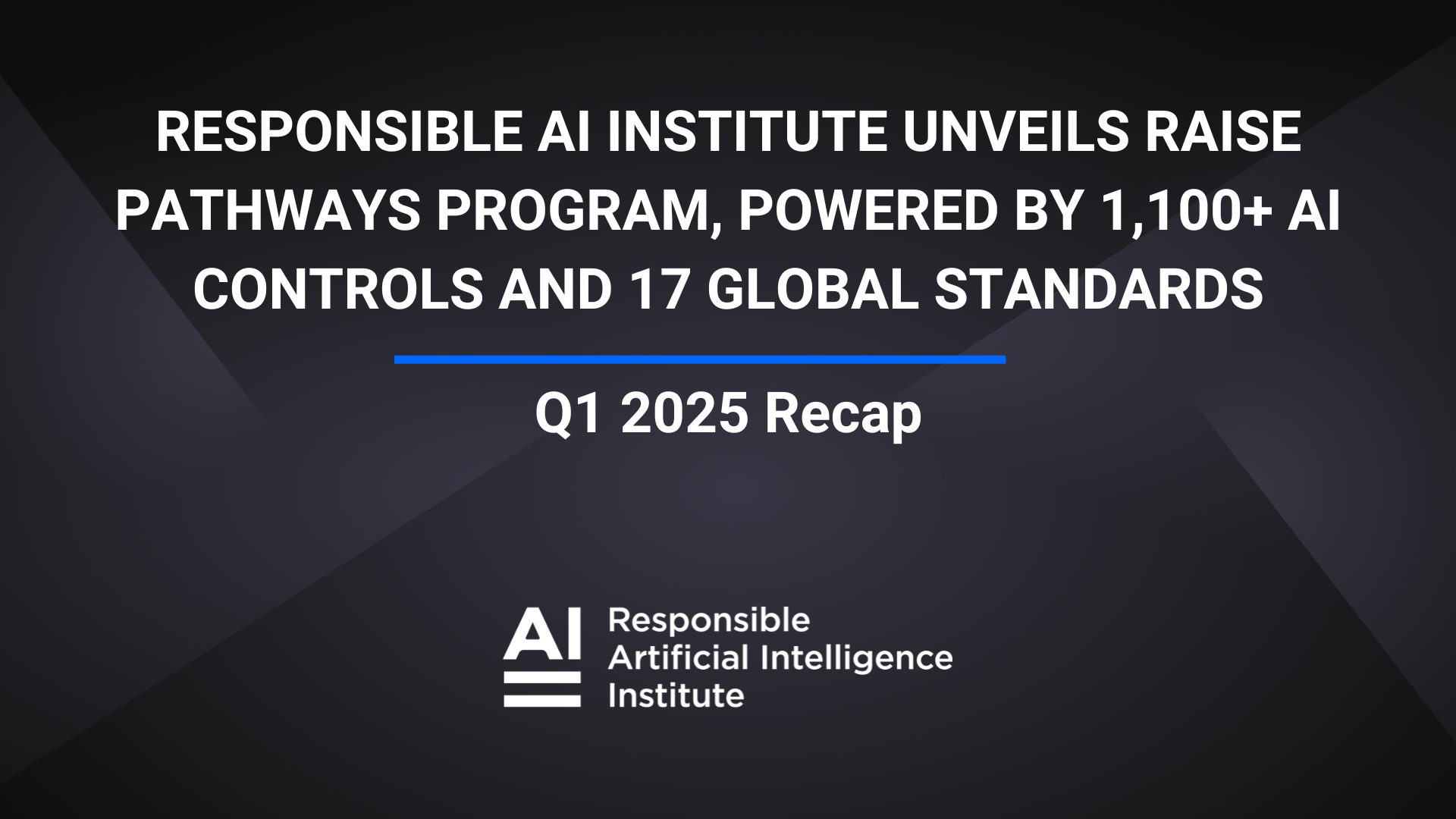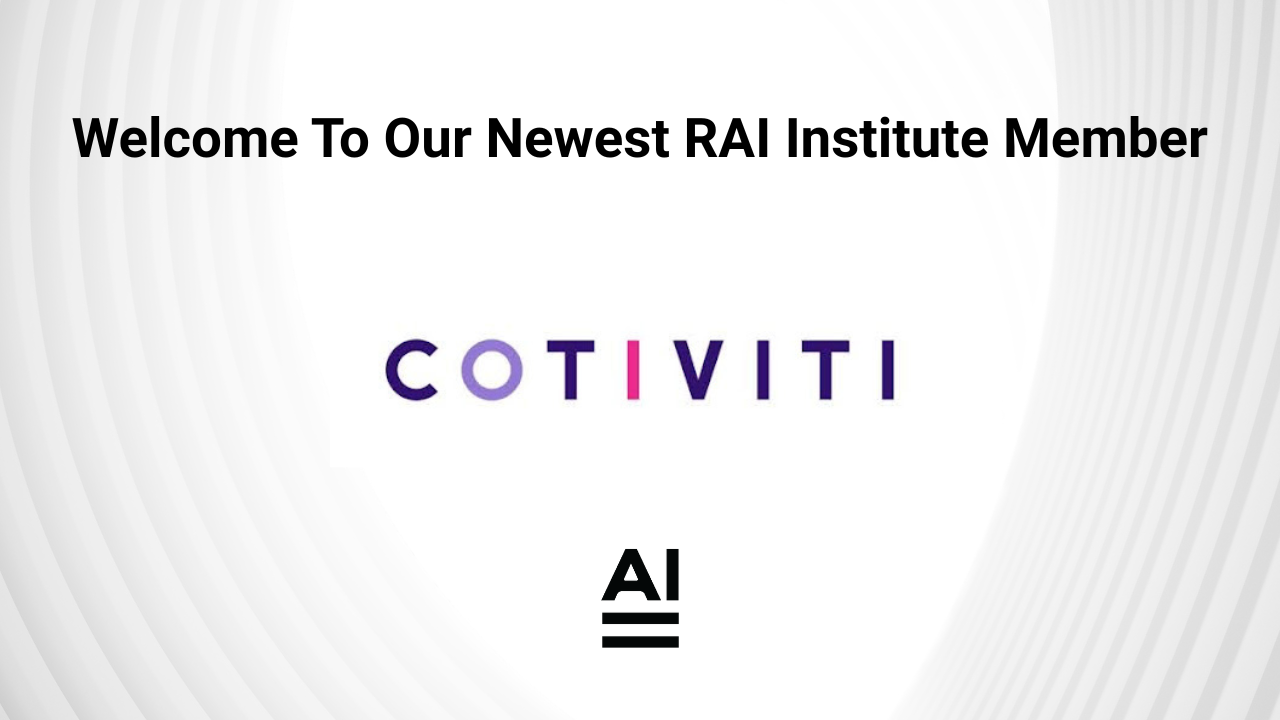The pandemic has shown just how reliant the world economy has become on Information Technology (IT). Organizations of all types – private, public, and not for profit – shifted to remote, virtually overnight. Along with this shift to remote, the IT industry is witnessing dramatic growth in new and disruptive technologies.
These new technologies – Artificial Intelligence (AI), Machine Learning (ML), Quantum Computing, and crypto currency – will fundamentally change several industries; most notably manufacturing, healthcare and finance. These new technologies and the capabilities they present simultaneously hold both great promise and significant challenge.
The pandemic has also shown how disruptive a virus can be when preventative measures are not in place, and remediation is slow and complicated. In IT, disruptive viruses are called ‘cyber attacks’ or ‘ransomware’, and can be challenging for the same reasons.
With 4.66 billion active internet users (three quarters of the world population) and 4.3 billion unique mobile internet users, the internet has become the channel for personal and business communication.
The combined effect of new technologies, rapid growth, and increasing threats presents a significant challenge for Canada’s IT industry and professionals.
Growing Canada’s IT industry
“The accelerated pace of digital transformation across Canada’s industry is fuelling a heightened demand for skilled talent, a critical and competitive advantage for tomorrow’s economy,” said Namir Anani, The Information and Communications Technology Council (ICTC) President and CEO.
Canada’s digital economy is expected to employ a total 2.26 million digitally skilled workers by 2025, accounting for about 11 per cent of all employment in the country. This will trigger a demand for an additional 250,000 jobs.
Performing one’s job well, in a fast-changing, demanding environment is a formidable challenge. Staying current with new technologies and risks is simply not possible for individual IT practitioners.
Increasingly, the role of professional associations like the Canadian Information Processing Society (CIPS) and sister organizations worldwide is to help their members and the public by providing information, tools and access to trusted training, to improve skills and address knowledge gaps.
CIPS works with a variety of stakeholders in the IT industry in Canada and beyond; supporting CIPS members in the performance of their work, advancing the practice of IT, and helping Canada move forward in these exciting and challenging times.




